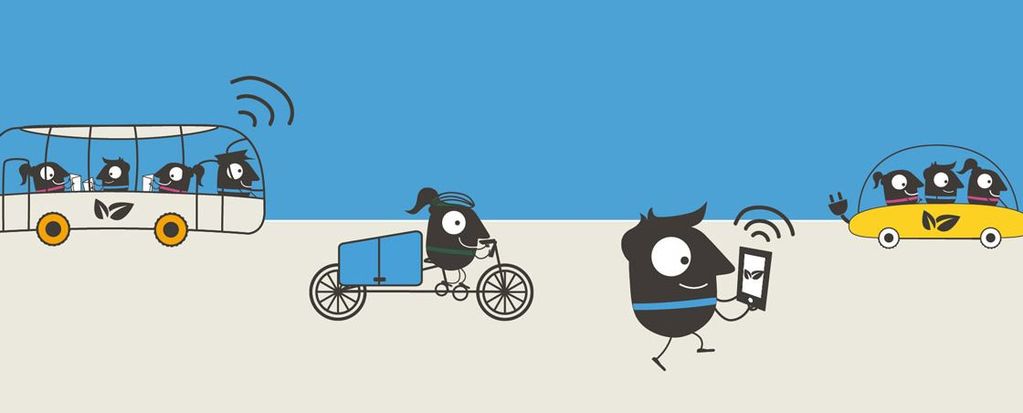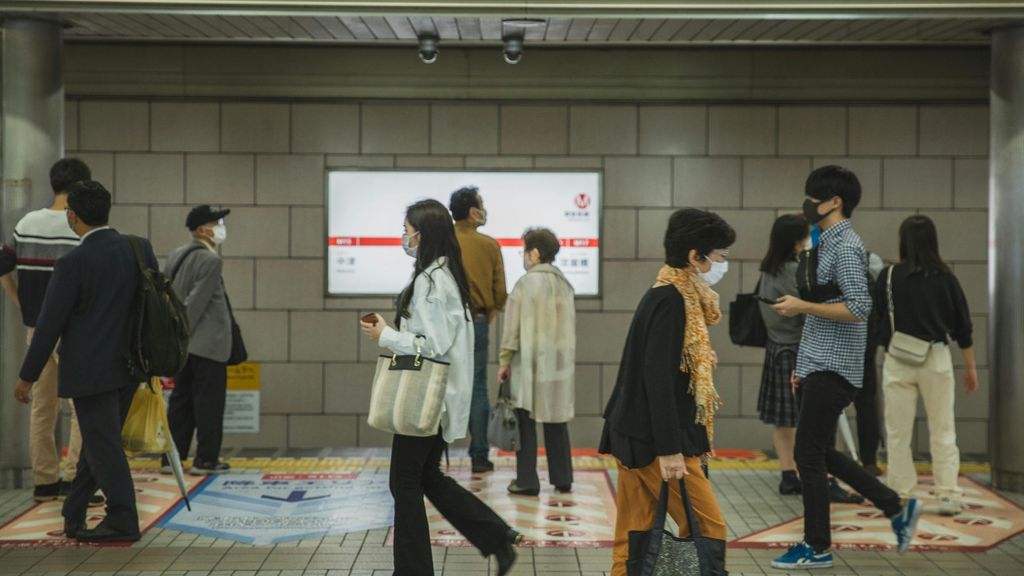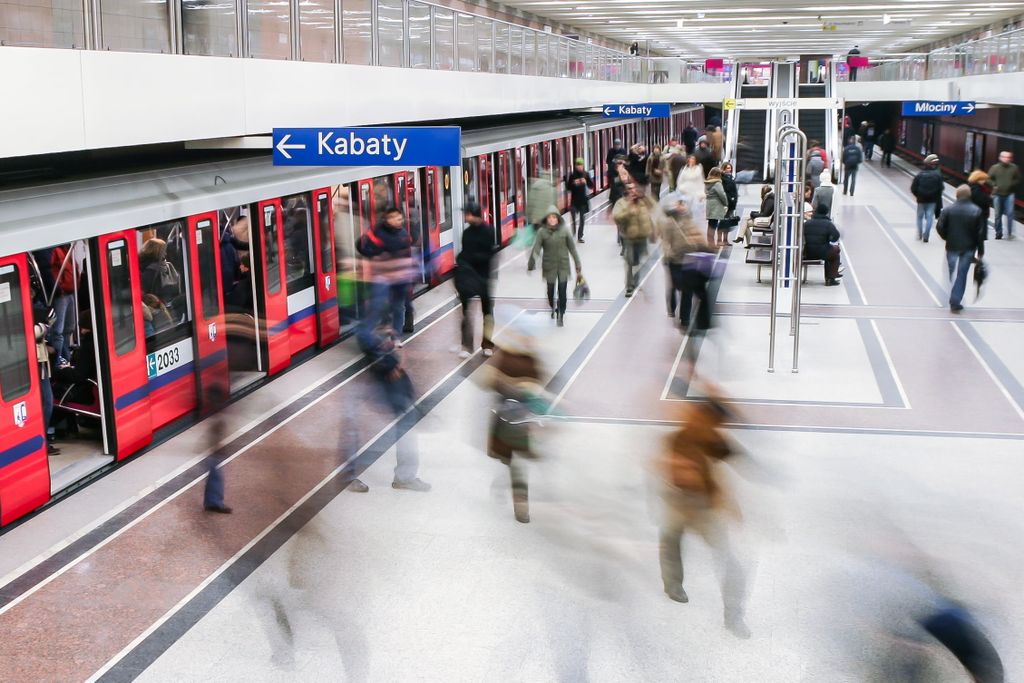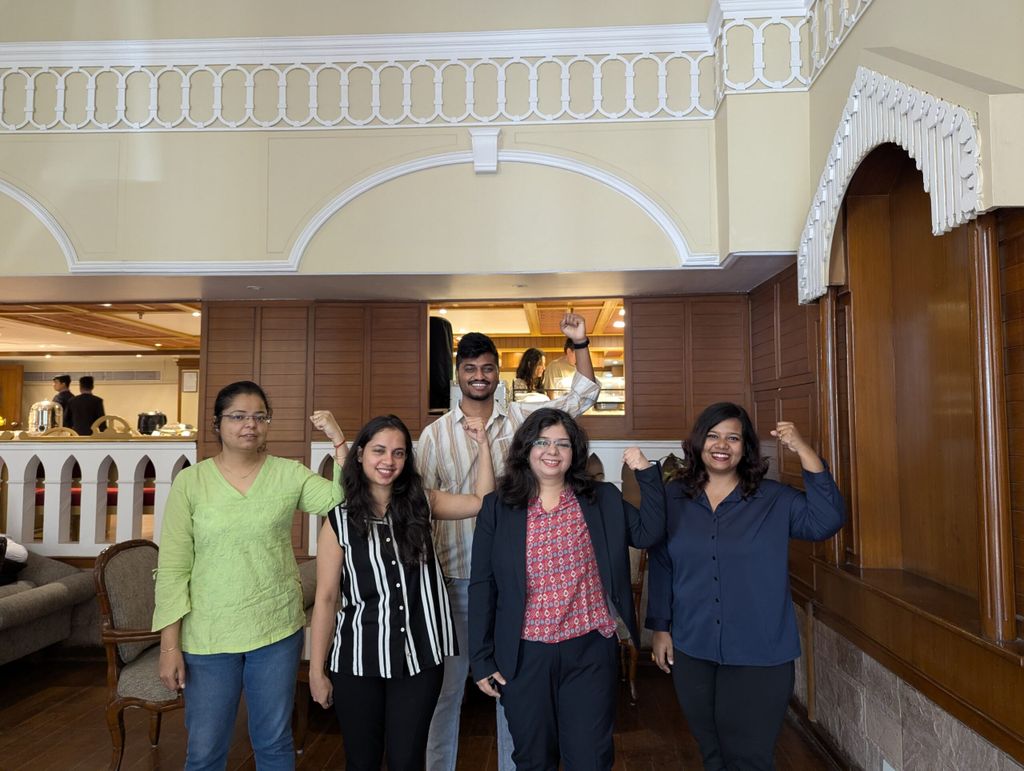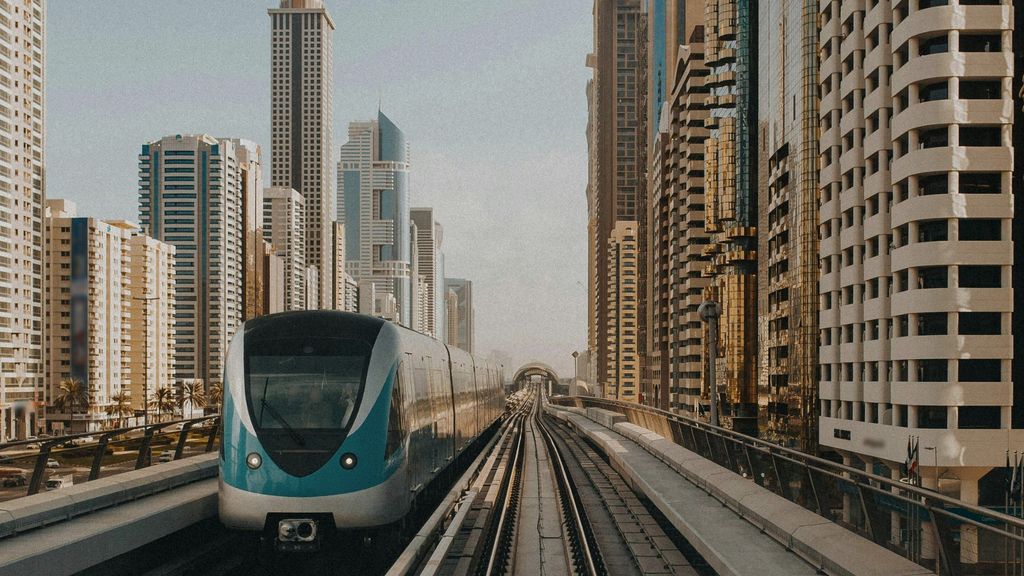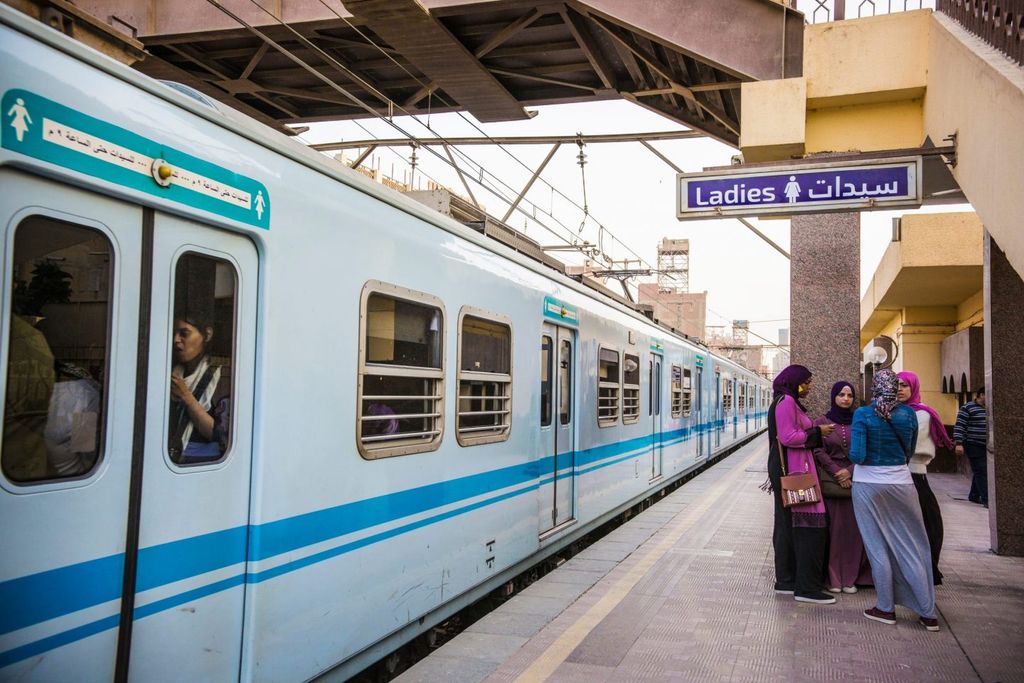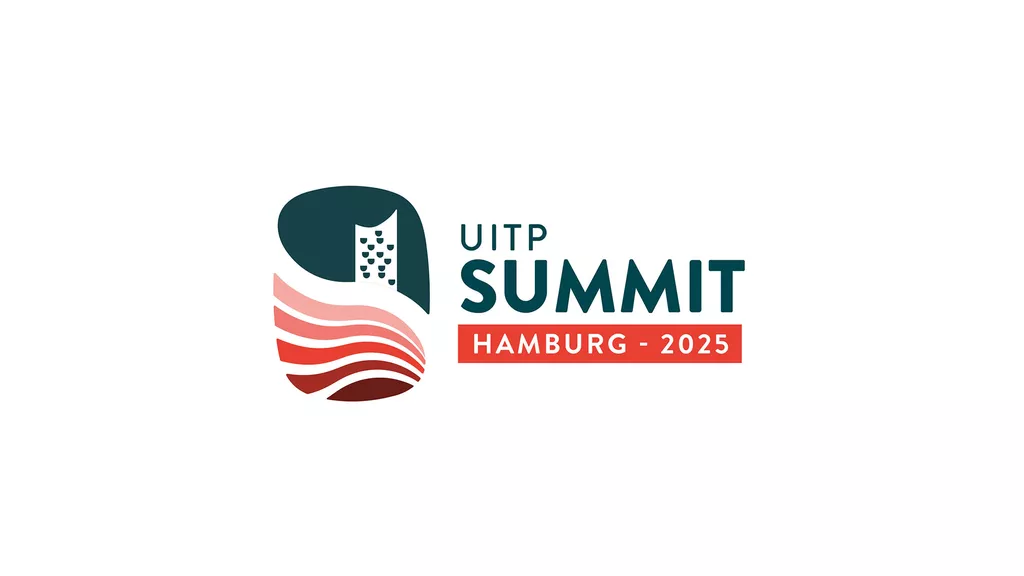
How 4 UITP members are beating plastic pollution
As we gear up for World Environment Day (WED) 2023, we highlight the initiatives of four UITP members to fight plastic pollution. Since 1973, world environment day is held every year on 5 June. The United Nations Environment Programme (UNEP) leads this largest global platform for environmental public outreach.
The theme of this year’s WED is “Fight Plastic Pollution” And our members have been steadfast in their commitment to address this global challenge. From innovative solutions to sustainable practices, they are driving positive change and paving the way towards a plastic-free future. Read on as we delve deeper.
Transforming Waste into Art: NS, Netherlands
NS, the national railway operator in the Netherlands, has embraced the concept of upcycling to breathe new life into old train materials. By creatively repurposing train floors, seats, and ceiling plates, NS is turning them into stylish and sustainable furniture pieces.
Additionally, they are transforming the iconic yellow information boards into functional notebooks and trays. Even old train fabrics find new purpose as trendy bags and shoes.
NS’s upcycled products not only reduce waste but also offer customers the chance to own unique and environmentally friendly items. Discover the available upcycled products and where to buy them on NS’s website here.
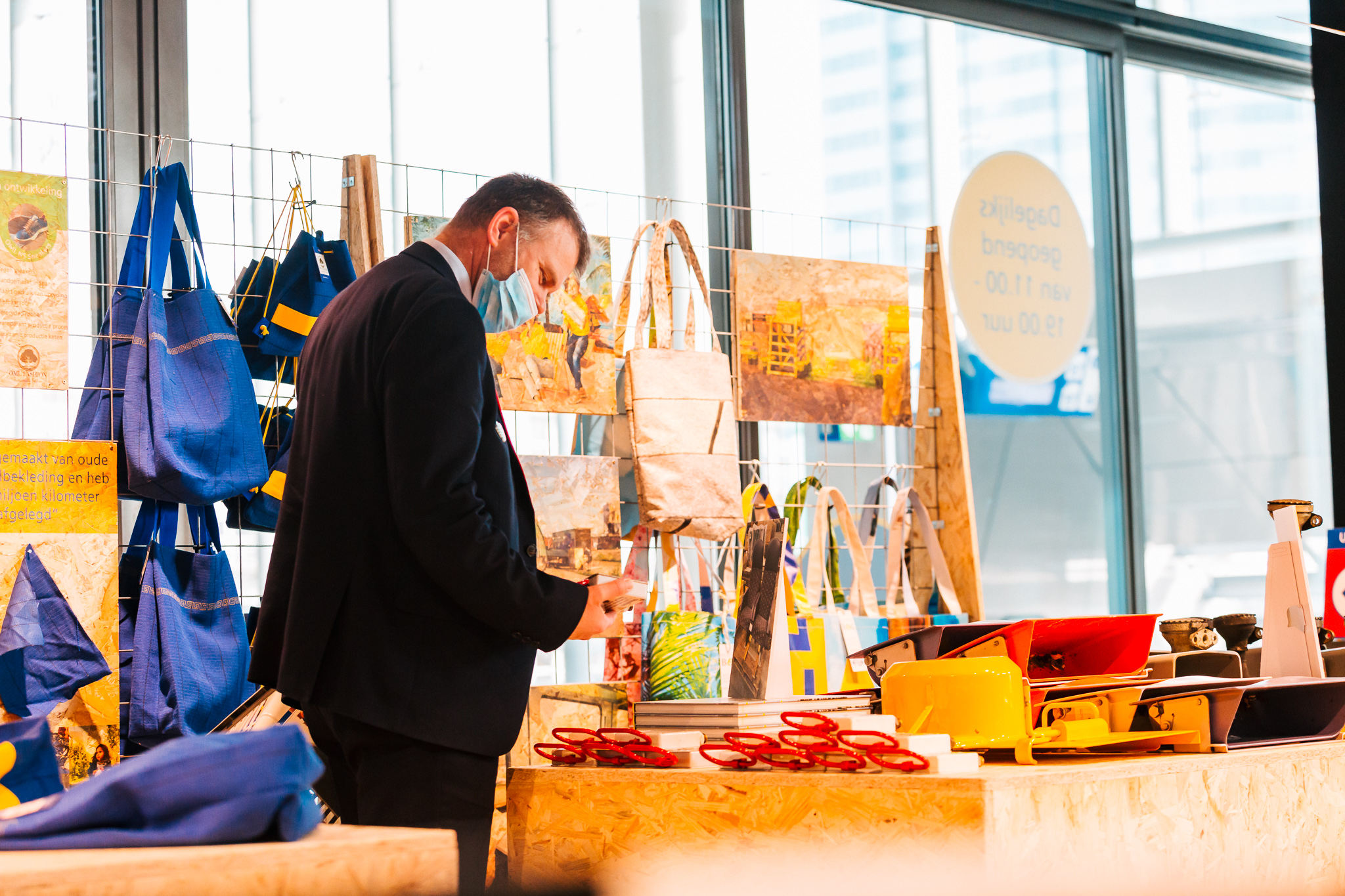
Delhi Metro Rail Corporation (DMRC): Combating Plastic Pollution
To raise awareness and combat the use of Single Use Plastics (SUPs), Delhi Metro Rail Corporation (DMRC) in India has implemented a range of measures. Under the ‘Swachhata Hi Seva’ (‘Cleanliness is Service’) governmental campaign, DMRC engaged the public in proper plastic waste management. They also supportedrecycling and effective disposal initiatives.
In alignment with India’s Ministry of Environment, Forest and Climate Change’s gazette notification, DMRC has banned the use of SUP items, including polystyrene and expanded polystyrene. This has reduced the use of single-use plastic items such as carry bags, cutlery, and disposable containers across all DMRC canteens.
Furthermore, plastic water bottles are discouraged, and the use of plastic products like artificial flowers, banners, and flags has been reduced during events and functions. DMRC’s comprehensive approach reflects its commitment to environmental sustainability.
Alstom’s “Plastic Free” Campaign Makes Strides in Poland
Alstom’s “Plastic Free” campaign in Poland has reduced plastic consumption by almost 20 tons within the first year. Launched in June 2020, the initiative involved employees, suppliers, and business partners in minimising plastic use throughout Alstom’s branches and sites.
Through various measures such as replacing PET plastic bottles with water dispensers, substituting plastic cups and cutlery with paper alternatives, and implementing eco-friendly packaging practices, Alstom has successfully reduced plastic waste.
The campaign aligns with Alstom’s corporate social responsibility strategy, demonstrating its commitment to sustainable mobility and environmental leadership. As Alstom continues to raise awareness and drive positive change, the “Plastic Free” campaign represents just the beginning of their ongoing efforts to combat plastic pollution.
Network Rail Pioneers Recycled Plastic Sleepers for Sustainable Tracks
Network Rail has made a breakthrough in sustainable track infrastructure by introducing composite railway sleepers made from recycled plastic. Railway sleepers, also known as railroad ties or crossties, are rectangular support beams that hold the rails in place and provide stability to the tracks.
The innovative use of recycled plastic sleepers by Network Rail on the Sherrington Viaduct in Wiltshire, United Kingdom offers a greener alternative. Manufactured by Sicut Ltd using locally-sourced plastic waste, these sleepers have numerous advantages. They require less maintenance, have a longer lifespan, and align with Network Rail’s commitment to an environmentally friendly and efficient rail network. Sounds solid to us!

Shaping a better, and greener, future…
In the fight against plastic pollution, UITP members are leading the way with innovative solutions and sustainable practices. From DMRC’s plastic-free initiatives to Alstom’s “Plastic Free” campaign and Network Rail’s recycled plastic sleepers, these organisations are shaping a greener future for public transportation. Together, they inspire change and prove that sustainable mobility is within our reach.
Discover more on World Environment Day and download the UN Toolkit on our dedicated page.

